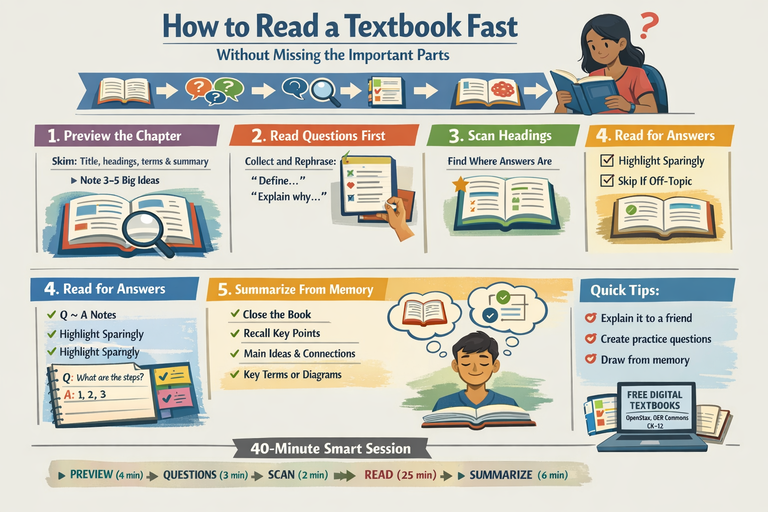The Literary CEO: Visionary Leaders in Fictional Enterprises
In the world of fiction, CEOs often emerge as commanding figures—strategic thinkers, disruptive innovators, or morally ambiguous powerhouses. These characters, occupying the highest rungs of imagined corporate ladders, often mirror real-world counterparts in their drive, ambition, and influence.
The literary CEO is not merely a background role; they symbolize the forces of capitalism, leadership, and visionary risk-taking, often serving as a lens through which authors critique or celebrate the enterprise culture.
From tech moguls to old-school industrialists, the fictional CEO embodies both the best and worst of what leadership can look like. Whether portrayed as a savior steering a company through crisis or a tyrant driven by ego, the literary CEO commands the spotlight in narratives where ambition, innovation, and power collide.
CEOs as Visionaries and Risk-Takers
The archetype of the visionary CEO is prevalent in fiction, where the protagonist isn’t just building a company—they’re building a legacy. These characters are future-focused, deeply invested in the long-term impact of their decisions, and often positioned as disruptors in their industries.
In Dave Eggers’ The Circle, Eamon Bailey and Tom Stenton serve as dual representations of visionary leadership in the tech world. Bailey is the idealist, passionate about transparency and connection, while Stenton is the capitalist, pushing boundaries to maximize profit. Their differing visions for the company reveal the ideological tensions at the heart of innovation: progress versus privacy, ethics versus ambition.
Similarly, in Super Sad True Love Story by Gary Shteyngart, the fictional CEO of a tech-media conglomerate presides over a dystopian society where data replaces emotion. The CEO’s vision shapes the very structure of social interaction, showing how a leader’s ambitions can redefine human experience.
These characters emphasize the far-reaching impact of corporate visionaries—not just on businesses, but on society as a whole.
The Charismatic Yet Flawed Leader
Many fictional CEOs possess immense charisma. They command attention, inspire loyalty, and carry themselves with a kind of mythic presence. But their flaws often drive the story, revealing the costs of unchecked ambition.
In The Fountainhead by Ayn Rand, while not a CEO in the traditional sense, Howard Roark acts as a metaphorical leader of a creative enterprise. His uncompromising vision and refusal to conform define him as a philosophical CEO—a leader of ideals rather than corporations. Rand’s portrayal shows how charisma and principle can both elevate and isolate.
More recently, the HBO series Succession, though not a novel, reads like one in its Shakespearean structure. Logan Roy, the patriarchal CEO of Waystar Royco, is a study in power and manipulation. His strategic brilliance is matched only by his emotional opacity and ruthlessness. The series (and its literary parallels) captures the complexities of aging leadership, succession planning, and familial legacy within corporate empires.
Female CEOs in Fiction: Power and Perception
While male CEOs have long dominated fiction, female leaders are increasingly taking center stage—offering nuanced portrayals of power dynamics in traditionally male-dominated spaces.
In The Power by Naomi Alderman, although the premise centers on women developing the ability to release electrical energy, the real transformation lies in how this new power influences leadership. Female characters rise to executive ranks in military, religious, and corporate structures. Roxy, Tatiana, and Margot represent different facets of female leadership—strategic, ruthless, and reformative. Alderman critiques both the limitations and corruptibility of leadership, regardless of gender.
Another example is Miranda Priestly from The Devil Wears Prada by Lauren Weisberger. Though not a traditional CEO, Miranda functions as the ultimate power figure in the world of high fashion publishing. Her demanding leadership style, intimidating presence, and exacting standards present a layered portrayal of a woman who thrives in a cutthroat corporate environment.
These portrayals challenge stereotypes and enrich the literary landscape by exploring how women navigate authority and influence in high-stakes environments.
Startups and the CEO’s Origin Story
Fiction also loves a good origin story—especially when it involves a scrappy startup and a visionary founder.
In Startup by Doree Shafrir, the CEO of a promising tech company must navigate a sexual harassment scandal that threatens to derail both his company and his personal reputation. The story is a commentary on startup culture, millennial ambition, and the blurred lines between personal and professional ethics. The CEO, Mack McAllister, is emblematic of the young, overconfident founder who must learn the limits of charm and the consequences of culture.
Likewise, in The Social Network (based on Ben Mezrich’s The Accidental Billionaires), Mark Zuckerberg’s rise to CEO status is portrayed as both genius and betrayal. Although not fiction in the strictest sense, the dramatized portrayal of Facebook’s founding underscores common themes in fictional CEO narratives: ambition, friendship, betrayal, and the moral ambiguity of success.
These stories explore how leaders are shaped—not just by markets, but by their values, relationships, and failures.
Ethical Dilemmas and the CEO Conscience
The best fiction challenges its CEOs with impossible choices: profits versus people, innovation versus ethics, loyalty versus justice.
In Company by Max Barry, the mysterious CEO of Zephyr Holdings oversees a corporation with no clear product. As the protagonist climbs the ranks, he uncovers dark secrets about the company’s purpose and the CEO’s intent. The novel plays with the absurdity of corporate life and the ethical blindness that can infect hierarchical systems.
In American Kingpin by Nick Bilton, which reads like a novel despite being nonfiction, Ross Ulbricht is portrayed as the CEO of the Silk Road, an underground online marketplace for illegal goods. Ulbricht’s arc—from libertarian idealist to fugitive criminal—raises critical questions about leadership without accountability, vision without regulation.
These narratives underscore the tension between a CEO’s power and their moral obligations—a theme that resonates in both fiction and real life.
The CEO as a Symbol of Modern Power
Ultimately, the literary CEO symbolizes more than just business leadership—they reflect society’s evolving relationship with power, success, and capitalism.
In Syrup by Maxx Barry, the protagonist Scat creates a new soda product and battles through the marketing jungle of a corporate behemoth. The CEO he encounters is slick, ruthless, and deeply entrenched in brand image manipulation. The satire highlights how modern CEOs are often more about perception than performance.
In Jennifer Government (also by Barry), CEOs take on governmental powers, enforcing corporate law through assassins and brand loyalty. The story is an exaggerated but poignant look at what happens when capitalism overtakes democratic structures—making the CEO the most powerful figure in society.
These depictions challenge readers to consider the broader implications of leadership. What happens when CEOs become cultural icons? When their decisions affect not just shareholders but societies?
Conclusion: Fiction’s CEOs, Our Reflection
From tech prodigies and startup founders to fashion moguls and financial titans, the literary CEO is a compelling, multifaceted figure. These characters offer more than boardroom drama—they expose our collective hopes, fears, and contradictions about leadership.
Fictional CEOs often reflect what we value: innovation, charisma, control, vision. But they also reveal what we fear: corruption, isolation, and unaccountable power. As literature continues to grapple with the challenges of modern enterprise, the CEO will remain a central figure—not just in the plot, but in the moral fabric of the story.
Because in the end, CEOs in fiction are not just running companies—they’re shaping the narratives of our time.









